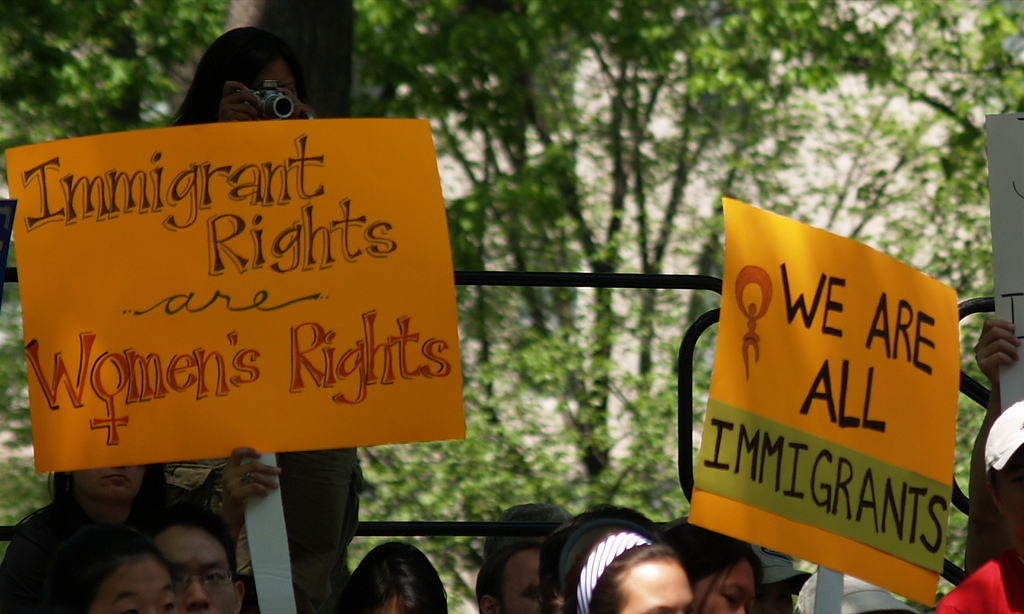
Last week, the Daily Beast, reported that Immigration Customs Enforcement (ICE) had changed its policy in detaining pregnant women. Under previous administrations, when ICE would come into contact with pregnant immigrant women that were deportable, the default was to release them usually requiring them to check-in while their immigration proceedings were ongoing. This is no longer the case, now under this new policy, as reported by TIME and detailed in an ICE internal memo, any woman who is pregnant is likely to be detained.
For years, CAIR Coalition staff and I have visited these detention centers where women are held. One detention center we visit holding women does not even have air conditioning or consistent heating. It’s hard enough for any human being to withstand these conditions let alone a pregnant woman who is experiencing hormonal and physical changes to her body.
Moreover, most of the complaints we hear from detained immigrants revolve around inadequate food and being hungry, or not having immediate or adequate health care. I’ve met with grown men who have lost weight and become depressed because the meals are small and the access to outside recreation time, fresh air, space, and health care is little to none. The conditions are horrific for anyone, let alone for a woman who has to contend with not just her own health but that of her unborn child.
The National Institute of Health recommends women maintain a healthy diverse diet supplementing their nutrition with vitamins and physical activity. It is hard to imagine how a pregnant immigrant woman would meet these standards if the jail where ICE is detaining her has limited recreation times, perhaps may not even have outside rec at all, and where meals may be spoiled or limited. All conditions that have been reported to be true and exist in the jails where ICE holds people.
ICE proposes to address issues related to the appropriate medical care and housing of pregnant women by transferring them to other facilities. But this is likely to further exacerbate the situation of these women by transferring them far away from their support and family networks and to detention centers where they will have little or no access to counsel, who could advocate improving their detention conditions.
If our government values life, this is a poor way of showing it.
